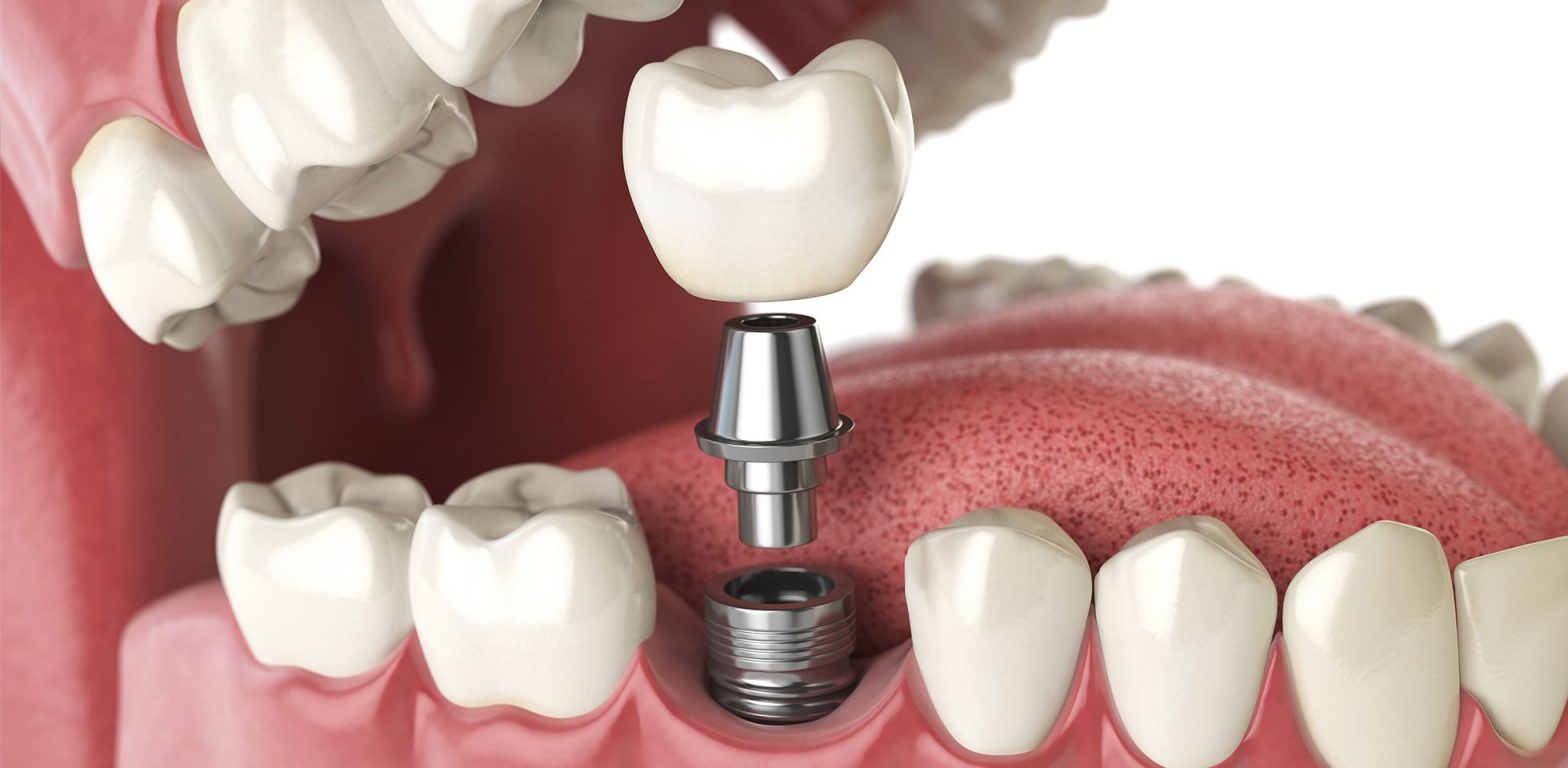We’ve written here before about how one-fifth of adults ages 65 and older in the United States have untreated tooth decay, in many cases due to their inability to afford treatment.
This treatment gap has serious health implications, given the established link between oral health and overall health.A recent Japanese study offers further evidence to strengthen that link.
The study found that poor dental hygiene in elderly patients can have a negative impact on respiratory health and even contribute to pneumonia, a leading cause of death among seniors with swallowing impairments.
The researchers behind the study—Dr. Yoshihisa Yamashita and his colleagues at the Faculty of Dental Science at Kyushu University in Japan—sought to examine variations in tongue microbiota composition in a sample group of 506 adults between the ages of 70 and 80, drawing from the results of a dental examination they received in 2016.

The patients with more cavities, fewer teeth, and higher amounts of plaque also had higher concentrations of predominant commensal microbiota composed of Prevotella histicola, Veillonella atypica, Streptococcus salivarius, and Streptococcus parasanguinis, which are associated with increased risk of mortality due to pneumonia in the elderly (from ingestion of the saliva).
All the more reason to guard against health risks with proper dental care.



